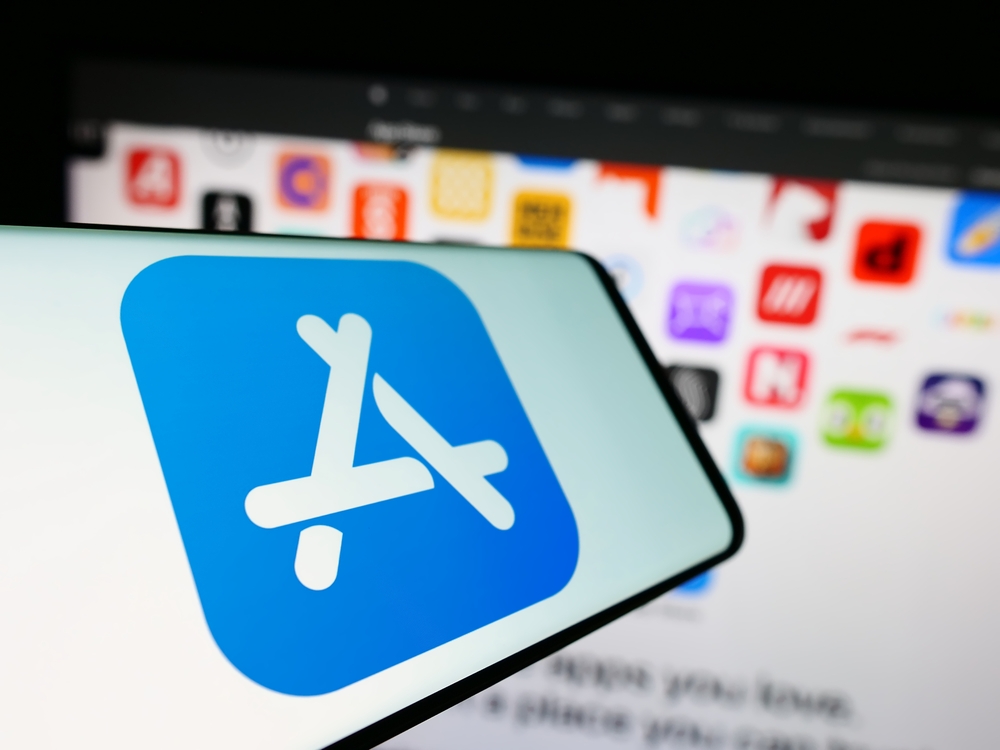Apple is once again under legal scrutiny due to a new class action lawsuit alleging that the company has violated a court injunction related to its App Store payment policies. The lawsuit was filed by Hagens Berman on behalf of app developers who argue that Apple deliberately created economic disadvantages for those choosing to use alternative payment systems, despite a prior court ruling prohibiting such behavior.
This new legal action stems from U.S. District Judge Yvonne Gonzalez Rogers’ recent decision that barred Apple from preventing app developers from directing users to external payment methods. The ruling also prohibited Apple from charging fees for such redirections. However, the plaintiffs claim that Apple has since introduced new rules that effectively render the injunction meaningless in practice.

According to Hagens Berman, the lead plaintiff in the case is Pure Sweat Basketball, a developer known for an app used by basketball players nationwide to train and develop their skills. Despite the court ruling, Pure Sweat is still unable to offer subscriptions directly through its app without incurring Apple’s standard fees, which developers argue violates the spirit of the injunction.
Developers Claim Unfair Practices Continue
The complaint further alleges that Apple’s revised policies have impacted over 100,000 developers who remain unable to sell digital goods and subscriptions directly to consumers. Instead, they are still required to process payments through Apple and pay a commission that, according to the suit, Apple “has no right to demand.”
This isn’t the first time Hagens Berman has taken legal action against Apple. The firm was previously involved in a major lawsuit brought by independent developers, which led to modifications in App Store policies and the establishment of a $100 million fund to support affected developers.
Apple has responded by stating that it has complied with the court’s ruling and made appropriate adjustments to its App Store guidelines, adds NIXsolutions. The company has also filed an appeal against the decision. Nevertheless, developers maintain that the changes are superficial and fail to offer meaningful alternatives to Apple’s payment system.
The outcome of this case could have far-reaching implications for how digital marketplaces are regulated and how platform owners are allowed to manage transactions. We’ll keep you updated as the situation develops and more details become available.
